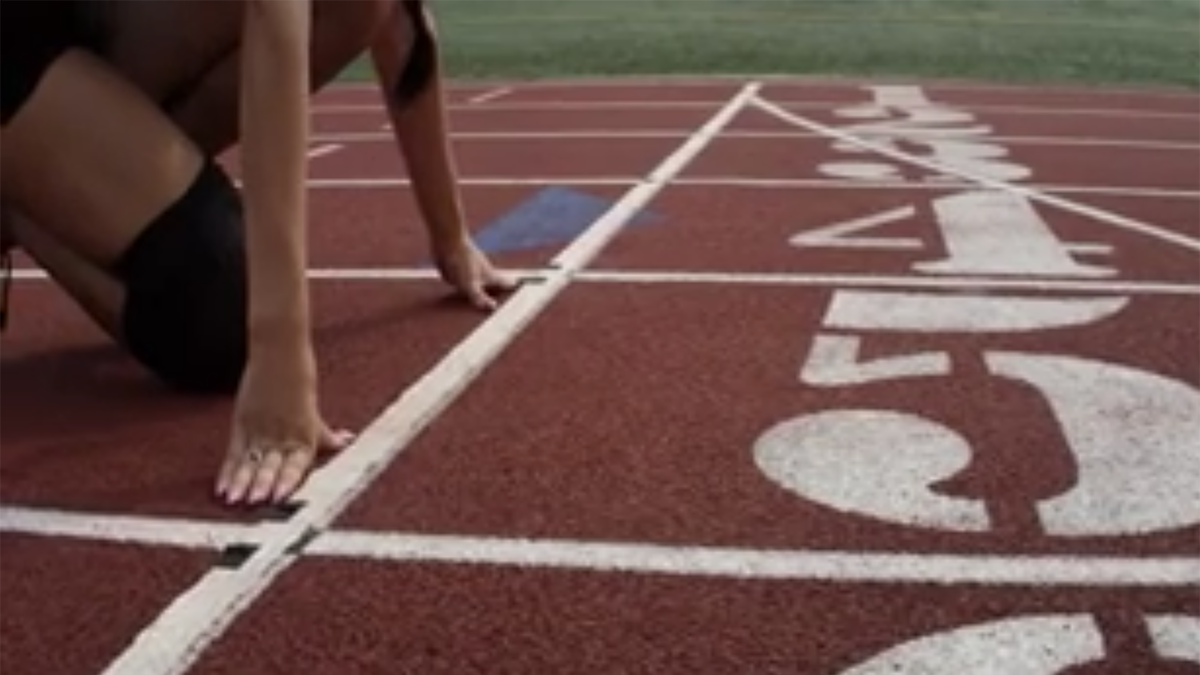Utah asks to throw out case against transgender sports ban

By SAM METZ
Asociated Press
SALT LAKE CITY (AP) — Utah this week asked a state court to throw out a lawsuit challenging its ban on transgender kids who want to compete in youth sports, as the culture war flashpoint moves from statehouses to courtrooms throughout the country.
In the Utah case, three transgender girls and their parents claim the outright ban passed by the Republican-majority Legislature this year wrongly keeps their children from participating in the sports. Their attorneys argue it violates provisions of the state constitution that prohibit discrimination and guarantee equal rights and due process.
Utah’s attorneys in a motion Wednesday argued two of the girls lack standing to challenge the ban because it hasn’t harmed them and because their lawyers moved to exclude their mental health records from the case.
It’s moot for one who wants to play volleyball because her grades make her academically ineligible, they say, and won’t affect another because she won’t be old enough to try out for her high school swim team until the 2023-2024 school year. Utah does not reference the third girl, who was added to the case in an amended complaint.
Utah, which hired former state Supreme Court Justice Thomas Lee to help defend the ban earlier this month, also argues the state constitution has never been interpreted to ensure transgender student-athletes can participate in leagues that correlate with their gender and says the ban “reinforces a longstanding standard” governing participation in sports — biological sex.
“Biological girls were not born boys. Transgender girls were. And even if transgender girls have undergone puberty blocking or hormone therapy, they still maintain and develop biological differences that are an advantage on the playing field,” attorneys for the state write in a motion to dismiss.
National Center for Lesbian Rights attorney Shannon Minter, who is representing the three girls and their families, rejected the state’s arguments and said the Utah Constitution prohibits discrimination based on sex, including based on if a person is transgender.
“These families are part of this state, and the law protects them, just as it protects other families and kids,” Minter said.
“This is an ordinary civil rights case and we’re arguing the normal kinds of harms that civil rights cases assert,” he added, noting the court that overturned segregation in Brown v. Board didn’t require Black students disclose their mental health records to show harm.
Protracted legal challenges to Utah’s ban have long been expected, and parallel other cases over categorical bans, including in Idaho, West Virginia and Indiana. Though Utah now argues it should be dismissed, state lawmakers anticipating a lawsuit included provisions in the legislation to funnel state funds toward defending the ban and the school districts implicated in potential lawsuits.
As of March, the Utah High School Activities Association knew of only one transgender girl playing in K-12 sports who would be affected by the ban. The association, which organizes leagues for 85,000 students, has said there have been no publicly made allegations of any of the state’s four transgender youth athletes enjoying competitive advantages.






